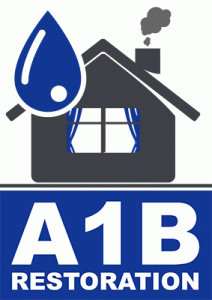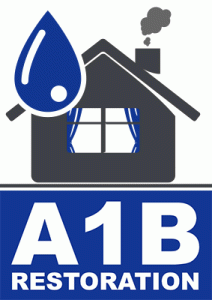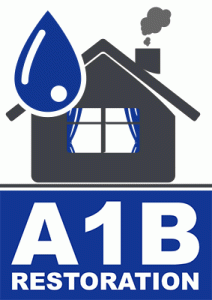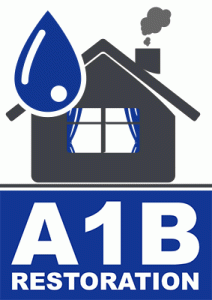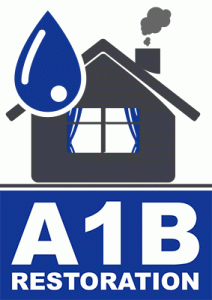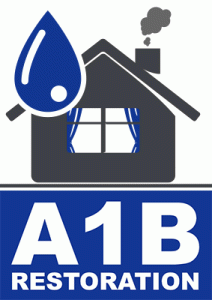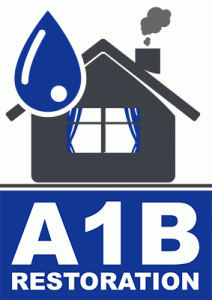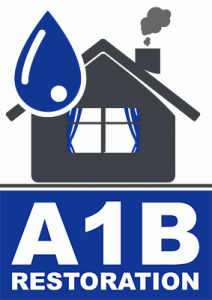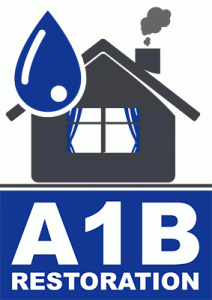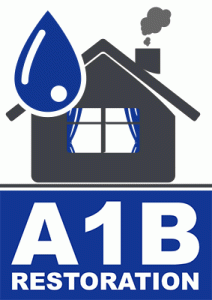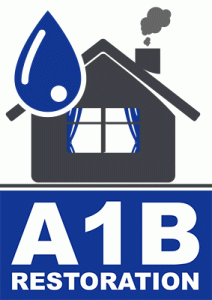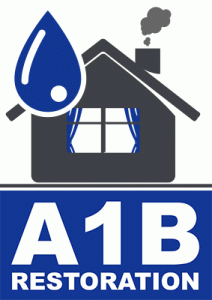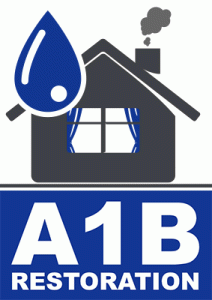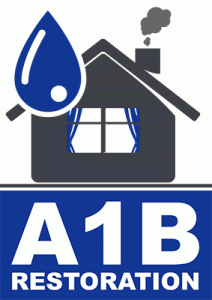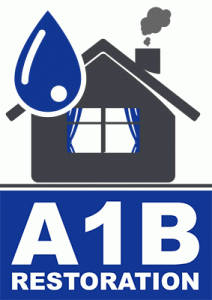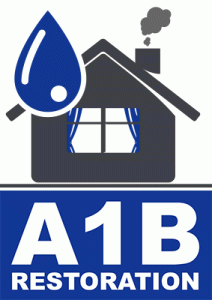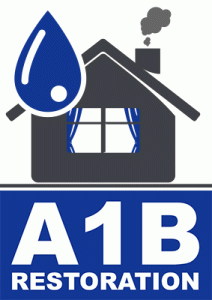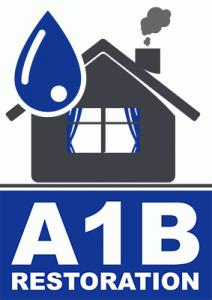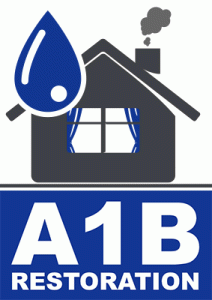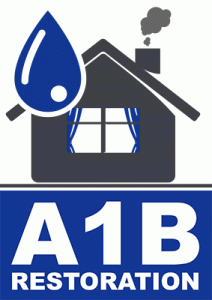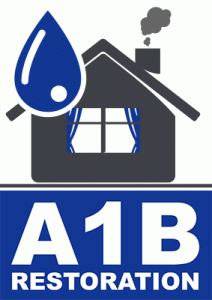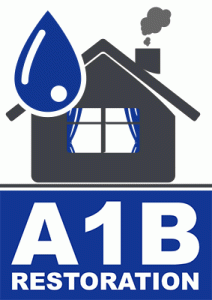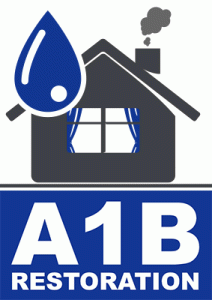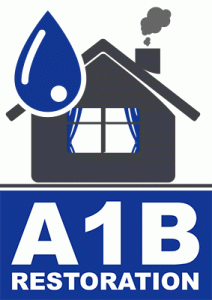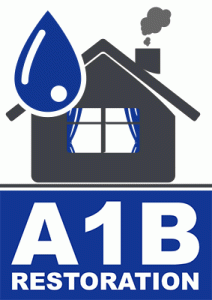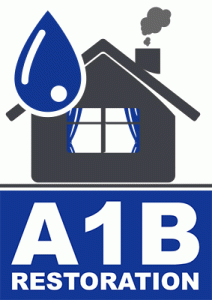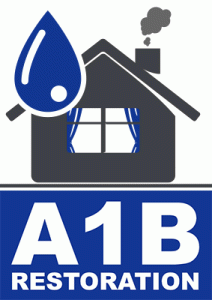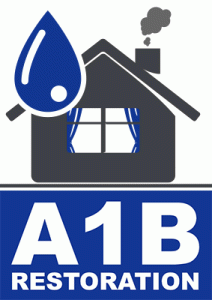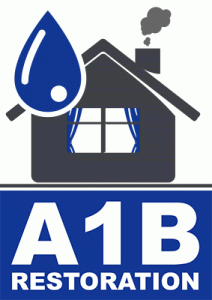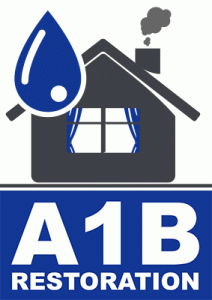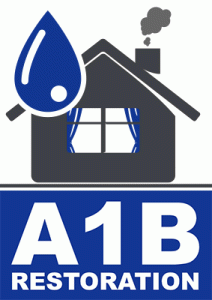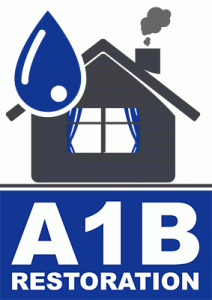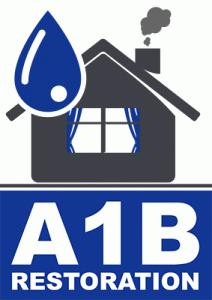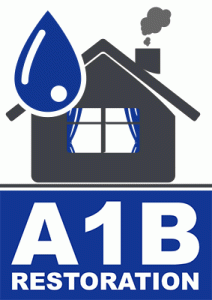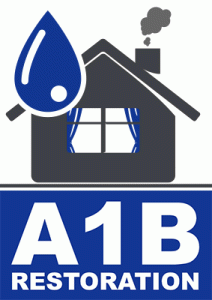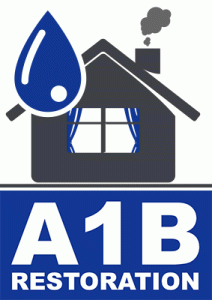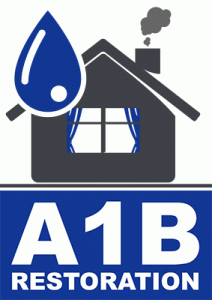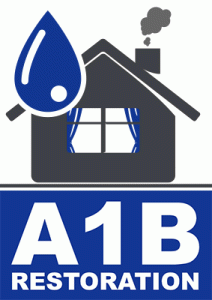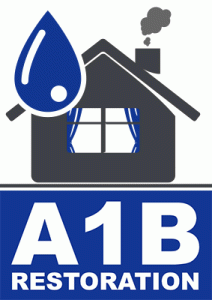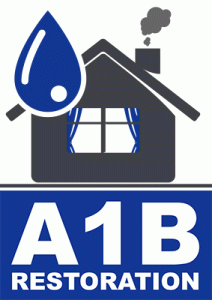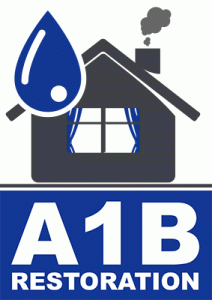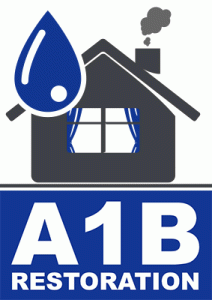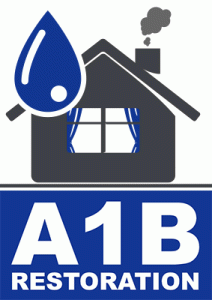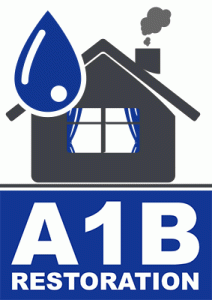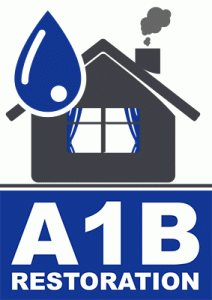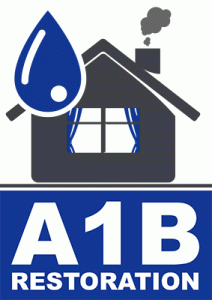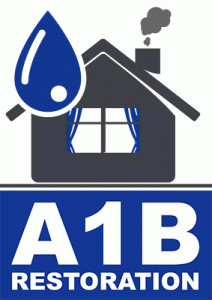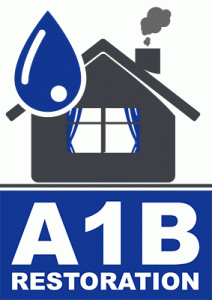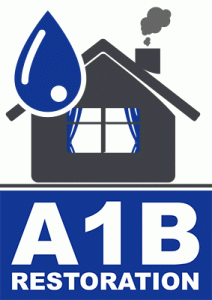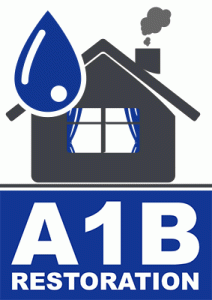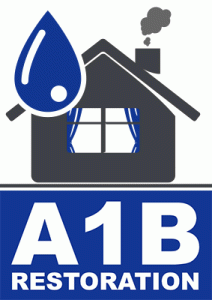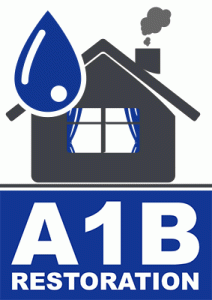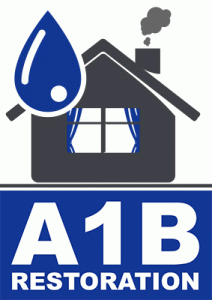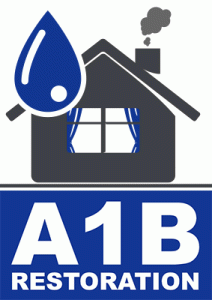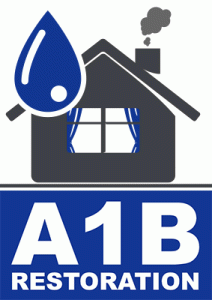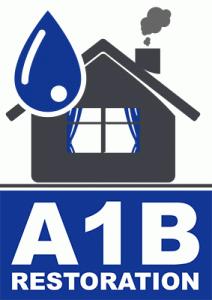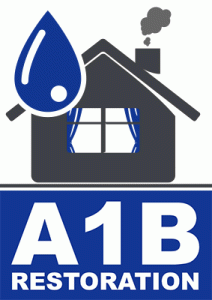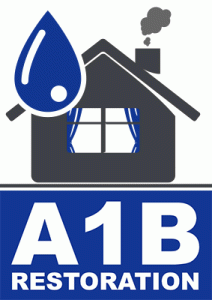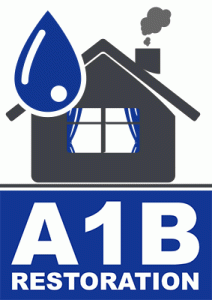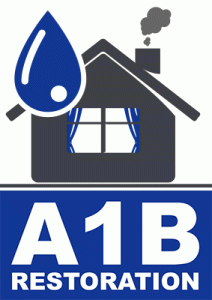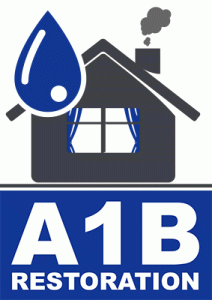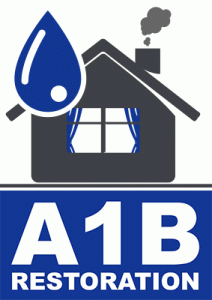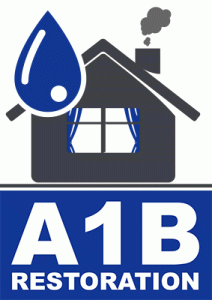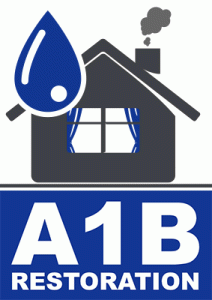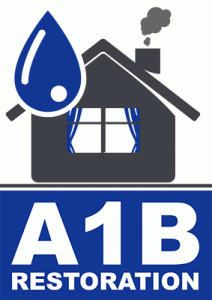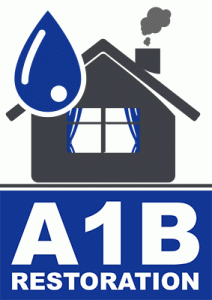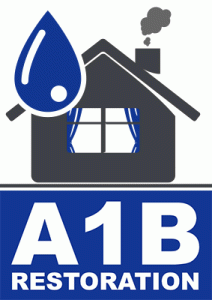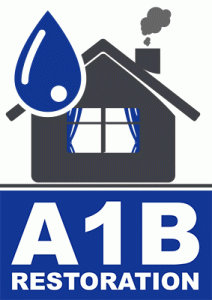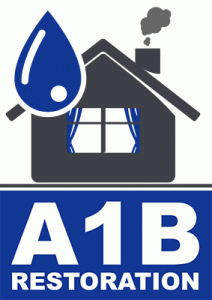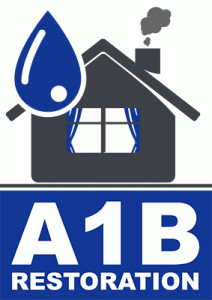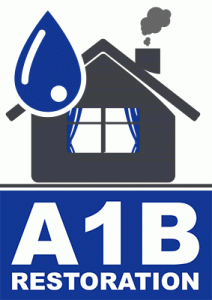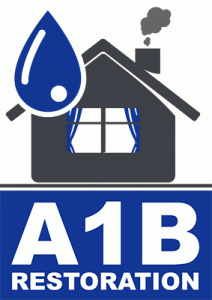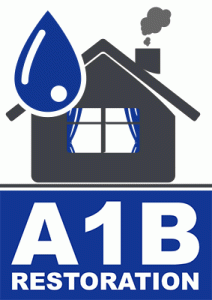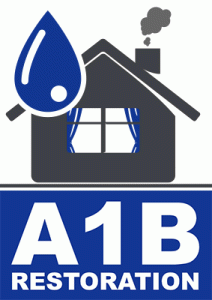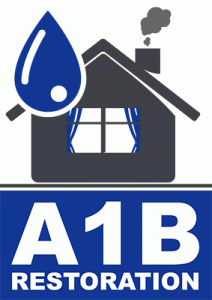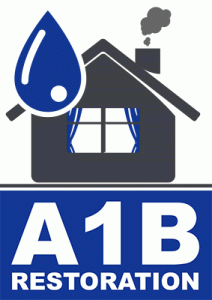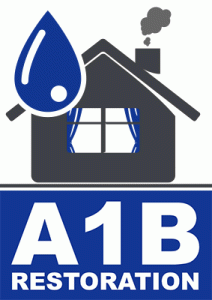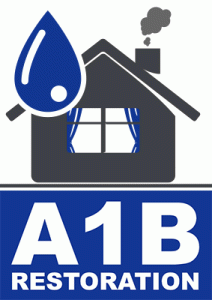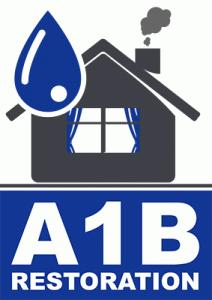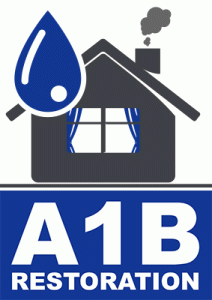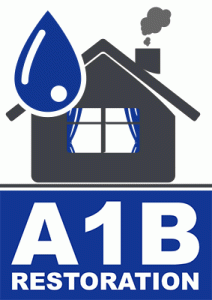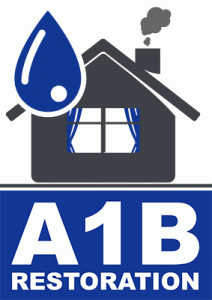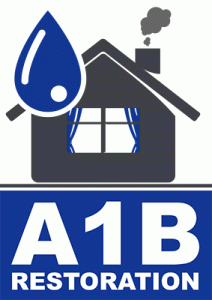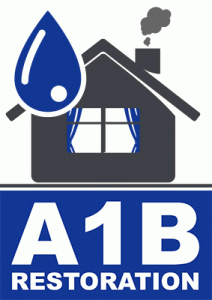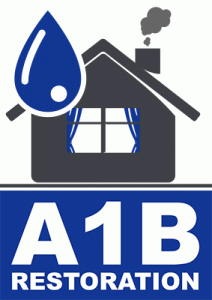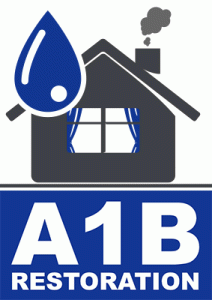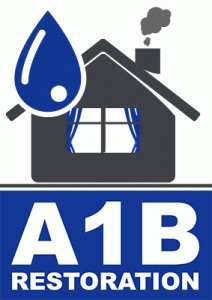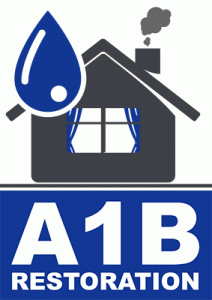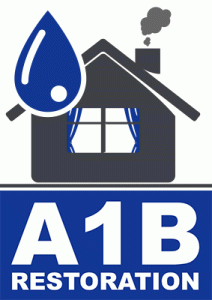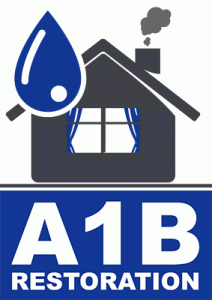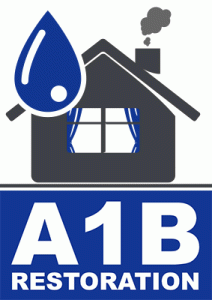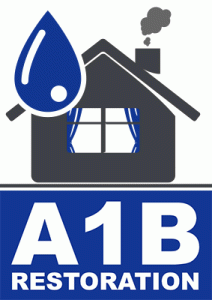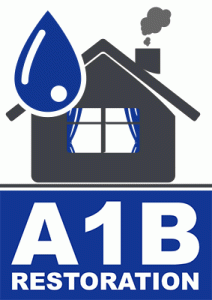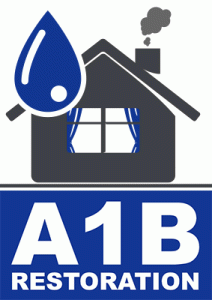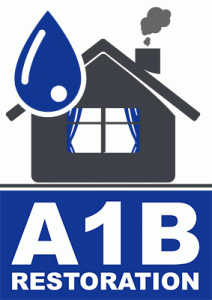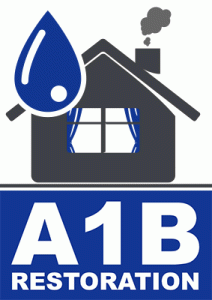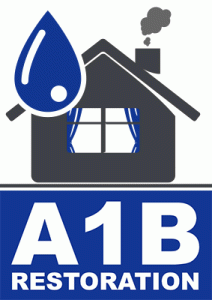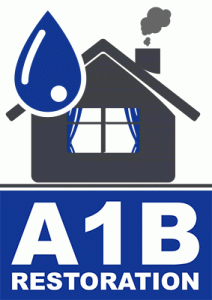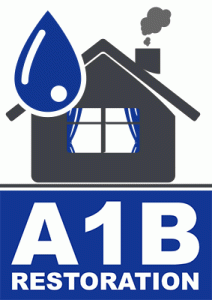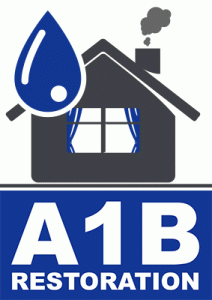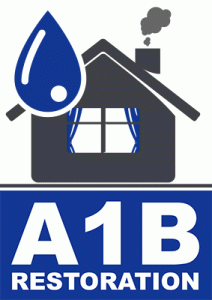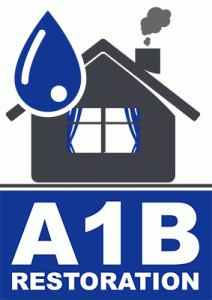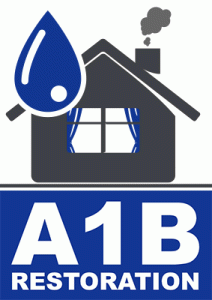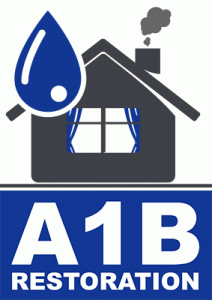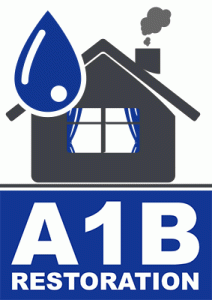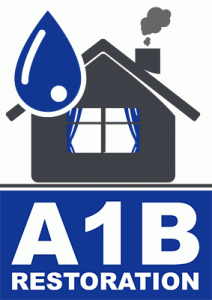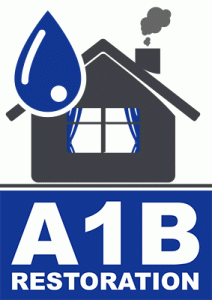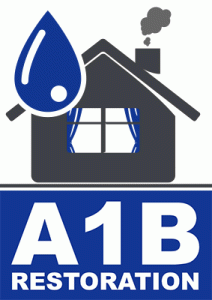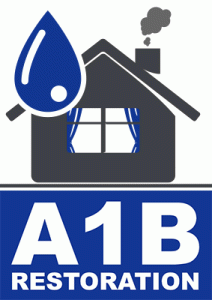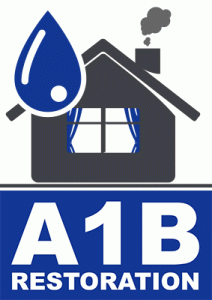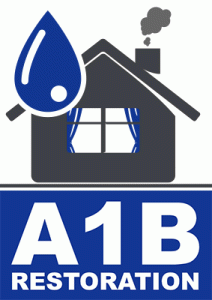How to Prevent Water Damage in Your Home
Water damage is a common yet serious issue that affects countless homes each year. According to the Insurance Information Institute, water damage and freezing account for over 29% of homeowner insurance claims. These damages not only wreak havoc on your property’s structural integrity but also lead to costly repairs and potential health risks. Fortunately, with proactive measures, you can safeguard your home from the devastating effects of water damage. In this guide, we will explore effective strategies to prevent water damage and protect your home investment.
Understanding Water Damage
Before diving into prevention, it is essential to understand the various forms of water damage and their causes. Water damage can manifest in many ways, such as leaks, flooding, and seepage, each with distinct origins.
Common Causes of Water Damage
Water damage can originate from both natural and man-made sources. Here are some common causes:
- Leaky Pipes: Aging or faulty plumbing can result in leaks within walls or beneath floors.
- Roof Damage: Damaged or missing shingles can allow water to penetrate your roof, leading to ceiling leaks.
- Clogged Gutters: When gutters are filled with debris, they can overflow and direct water into your home’s foundation.
- Appliance Malfunctions: Washing machines, dishwashers, and water heaters can leak, causing significant water damage if left unchecked.
- Natural Disasters: Heavy rainfall, hurricanes, and flooding can lead to extensive home water damage.
Preventive Measures to Avoid Water Damage
Implementing preventive measures can significantly reduce the risk of water damage in your home. Here are actionable steps you can take:
Regular Maintenance and Inspections
Routine inspections and maintenance can help you identify potential issues before they escalate. Consider the following:
- Inspect Your Roof: Conduct regular roof inspections to identify damaged shingles or leaks. Address any problems promptly to prevent water intrusion.
- Check Your Plumbing: Regularly inspect pipes, faucets, and water heaters for signs of leaks or corrosion. Replace any damaged components immediately.
- Clean Your Gutters: Ensure gutters and downspouts are free from debris to facilitate proper water drainage away from your home.
Waterproofing Solutions
Investing in waterproofing solutions can provide an additional layer of protection against water damage:
- Seal Cracks: Inspect your home’s foundation for cracks and seal them with appropriate materials to prevent water seepage.
- Install a Sump Pump: A sump pump can help remove excess water from your basement, particularly during heavy rainfall.
- Apply Waterproof Coatings: Use waterproof coatings on basements and exterior walls to prevent moisture penetration.
Smart Home Technology
Advanced technology can aid in the detection and prevention of water damage:
- Water Leak Detectors: Install smart water leak detectors that send alerts to your phone if a leak is detected, allowing for immediate action.
- Automatic Shut-Off Systems: Consider installing an automatic water shut-off system that cuts off the water supply when a leak is detected.
Responding to Water Damage
In the event of an unavoidable water incident, quick and efficient action can minimize damage:
Immediate Steps to Take
If you discover water damage, follow these steps to mitigate the impact:
- Shut Off Water: Immediately turn off the water supply to prevent further leakage.
- Remove Excess Water: Use mops, buckets, and wet/dry vacuums to remove standing water as quickly as possible.
- Dry Affected Areas: Utilize fans and dehumidifiers to dry out the affected areas and prevent mold growth.
Consulting Professionals
For extensive water damage, it’s advisable to consult with professionals:
- Water Damage Restoration Services: Hire experienced restoration professionals to assess and repair the damage effectively.
- Inspect for Mold: Mold can develop within 24-48 hours of water exposure. Consider hiring a mold remediation expert to ensure your home is mold-free.
Conclusion
Water damage can be a homeowner’s nightmare, but with the right preventive measures and quick response strategies, you can protect your home and save on costly repairs. Regular inspections, maintenance, and the use of advanced technology play a crucial role in safeguarding your property against water damage. Remember, a proactive approach is your best defense against the destructive power of water. Stay vigilant, and your home will remain a safe and dry sanctuary for years to come.
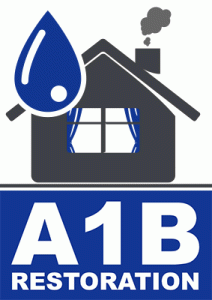
Highland Park TX water damage restoration companies near me
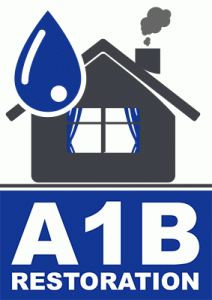
water damage restoration services near me Roanoke Texas
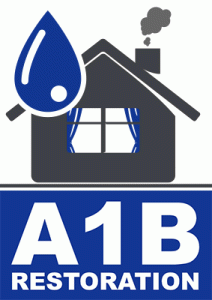
Sachse TX water damage restoration companies near me
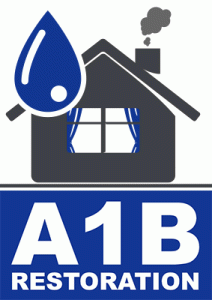
water remediation company near me Lakewood Dallas Texas
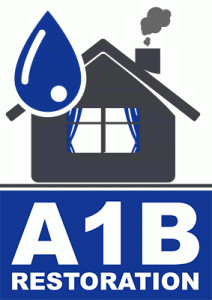
water restoration companies near me Highland Park Texas
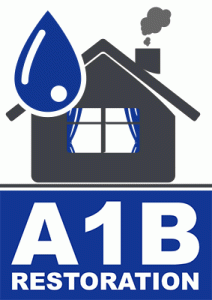
residential water damage restoration McKinney Texas
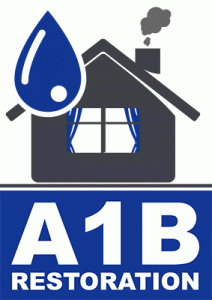
best water damage restoration near me Mesquite Texas
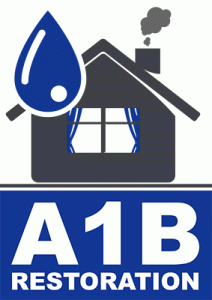
water damage restoration services near me Sunnyvale Texas
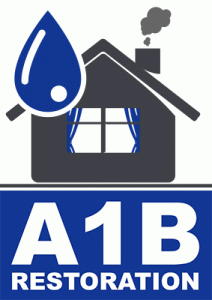
Lake Dallas Texas restoration water damage companies
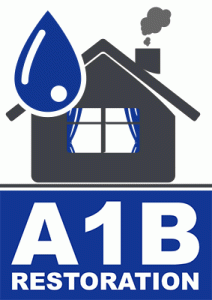
North Richland Hills Texas disaster restoration companies
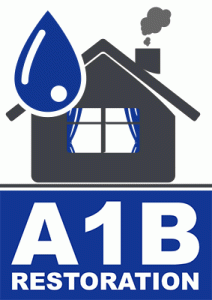
Royse City Texas water damage restoration service near me
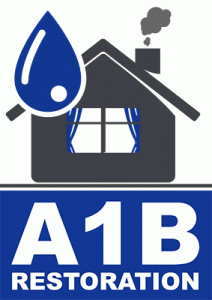
DeSoto Texas water damage restoration service near me
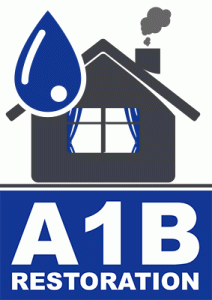
Highland Park Texas disaster restoration companies
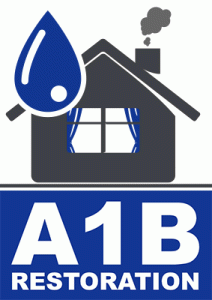
Preston Hollow Dallas TX water damage restoration companies
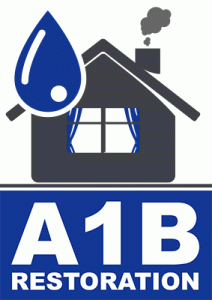
Grand Prairie TX restoration water damage experts
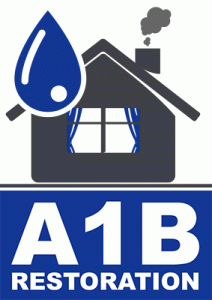
Highland Park TX restoration water damage experts
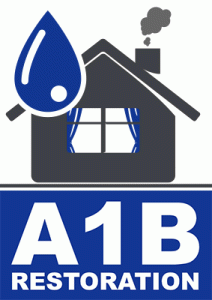
Duncanville TX water damage restoration companies near me
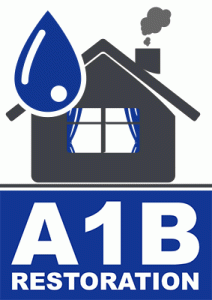
Lake Highlands Dallas TX restoration water damage experts
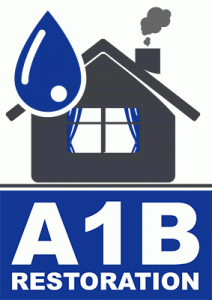
best water damage restoration near me Colleyville Texas
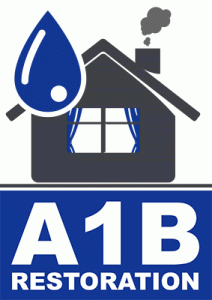
restoration services water damage Grand Prairie Texas
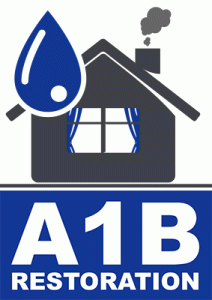
emergency water damage restoration Royse City Texas
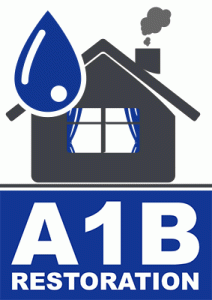
water damage restoration services near me Garland Texas
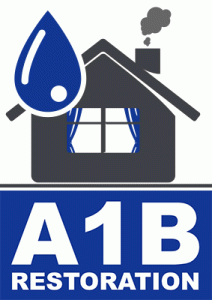
water mitigation company North Richland Hills Texas
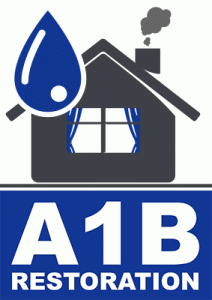
water mitigation company near me The Colony Texas
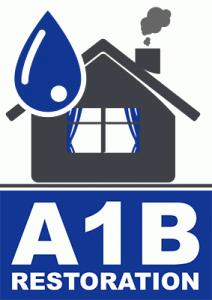
water damage and restoration companies Lake Dallas Texas
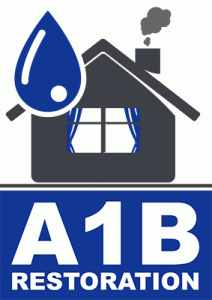
water mitigation company near me Lake Dallas Texas
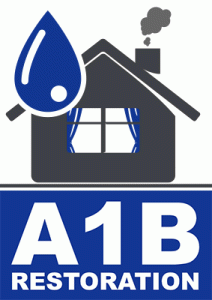
water damage companies near me Grand Prairie Texas
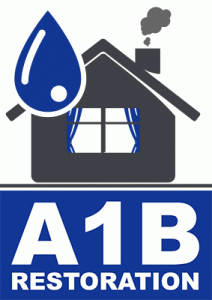
residential water damage restoration Haltom City Texas
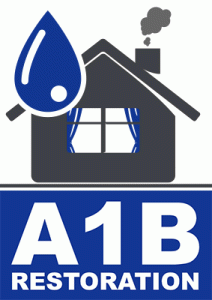
restoration services water damage Lake Dallas Texas
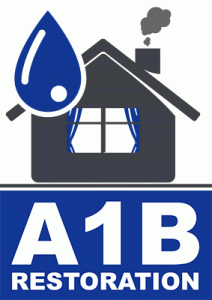
water damage company near me Preston Hollow Dallas Texas
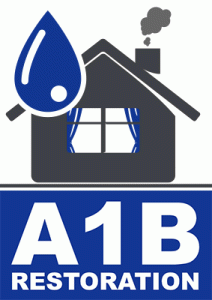
water mitigation company near me Grand Prairie Texas
